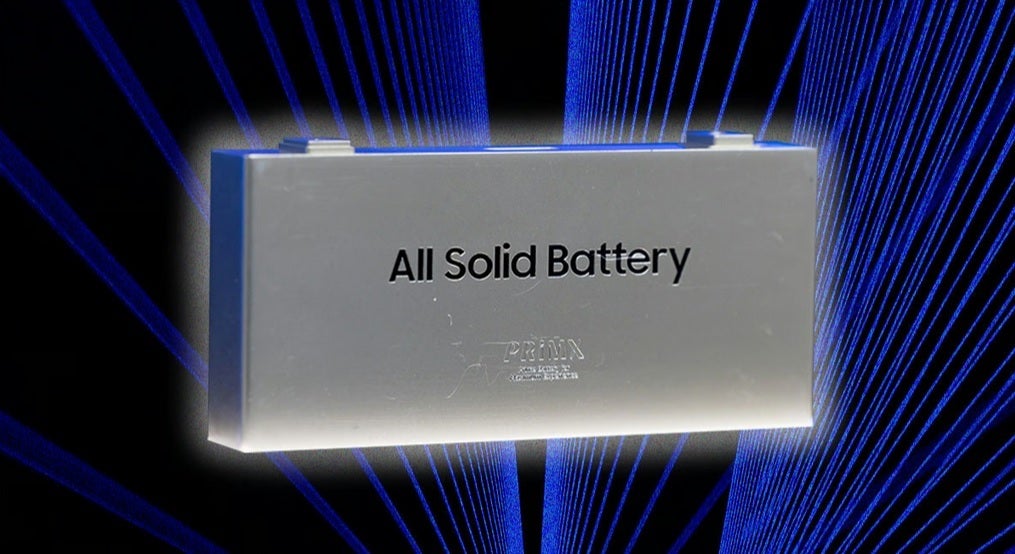Samsung's new solid state battery could be powering the Galaxy Watch by 2026

Samsung Electro-Mechanics is currently testing a new all-solid-state battery for wearable devices. Unlike the currently employed lithium-ion batteries, no liquid electrolytes are necessary with a solid-state battery which is, in fact, solid. The energy density of the solid-state battery, at 200Wh/L, not only tops the density of lithium-ion batteries, it also has the highest density in the industry. Samsung's Electro-Mechanics unit has been working for three years on the solid-state battery and created a prototype that customers are currently testing.
The plan is to have the solid-state battery ready to start going through mass production in 2026. Designed for wearable devices, the solid-state battery could make its debut on the Galaxy Watch 9 in 2026. The same battery could be used to power other Samsung devices including the Galaxy Buds, and the Samsung Galaxy Ring. Solid-state batteries are less likely to overheat, a huge safety improvement. They also have a longer life span and higher energy density.
Another advantage to solid-stater batteries is that they can be manufactured in different shapes which helps when you plan on using the batteries on small wearable devices. Samsung seeks to protect its lead over other tech companies in this segment of the battery market as it has filed over 40 patent applications related to oxide-based all-solid-state batteries.

Samsung says that it will be manufacturing solid-state batteries for wearables starting in 2026. | Image credit-Cybernews
Manufacturers have been looking for a way to replace lithium-ion batteries and Samsung seems to have a replacement just a couple of years away. The solid-state battery can be produced in sizes ranging from millimeters to centimeters depending on the needs of each customer. Samsung says that to produce these batteries, it would use its multi-layer ceramic capacitors production technology which alternately prints thin layers of material and then stacks them.
Solid-state batteries also have lower carbon footprints making them safer for the environment. They can also work across a wider range of temperatures. It isn't all gravy, however. The production of solid-state batteries is a little more expensive than the production of lithium-ion batteries. It's been four years since Samsung originally introduced solid-state batteries. The company has already created such batteries for electric vehicles with a 600-mile range, charge in only nine minutes, and have a lifespan of 20 years.
Follow us on Google News












Things that are NOT allowed:
To help keep our community safe and free from spam, we apply temporary limits to newly created accounts: